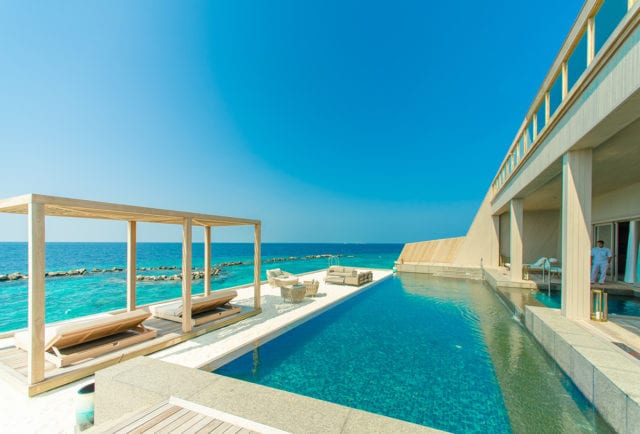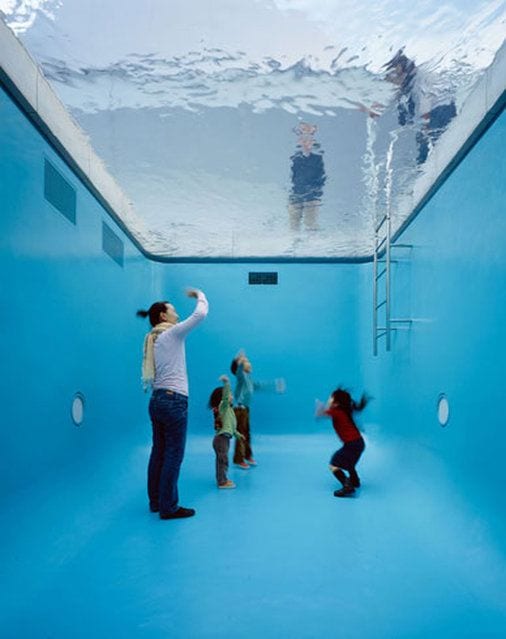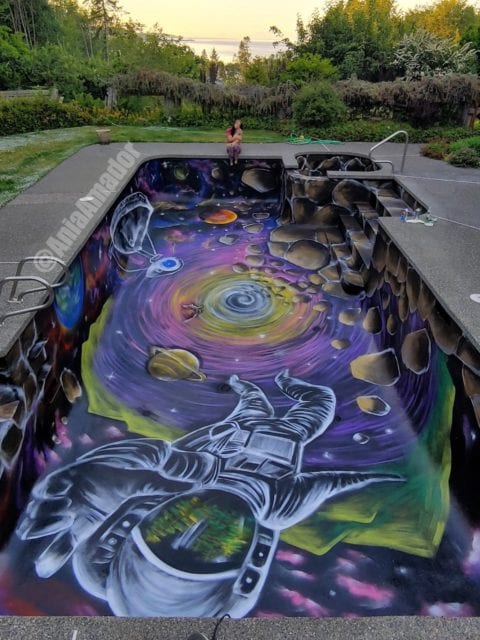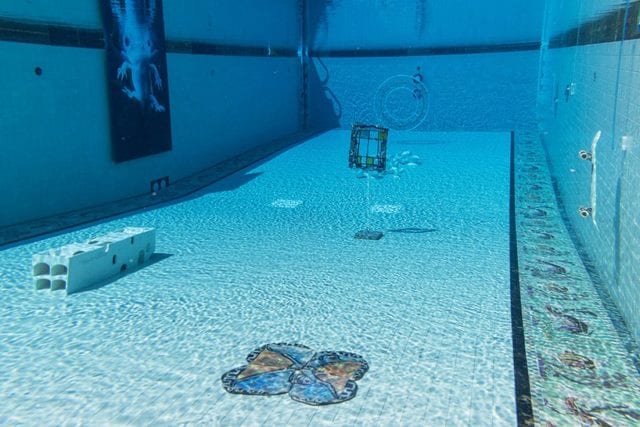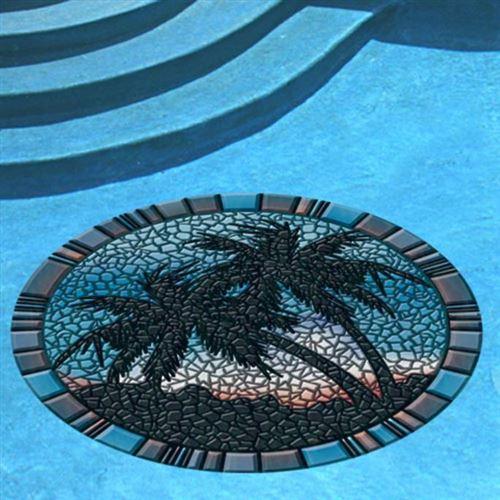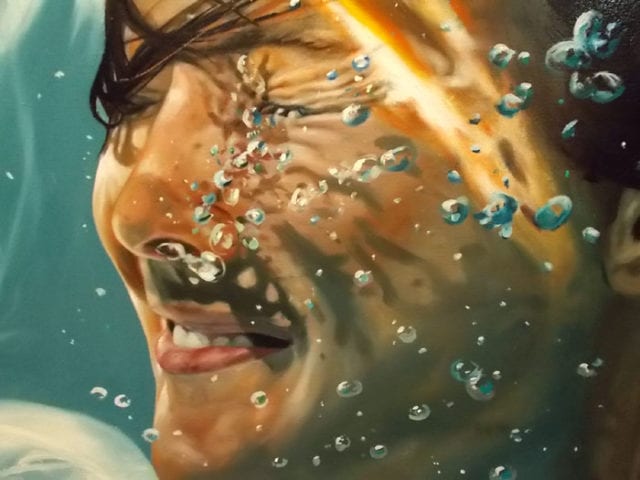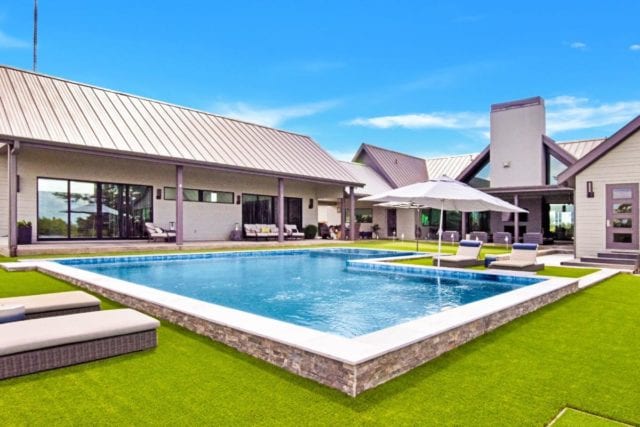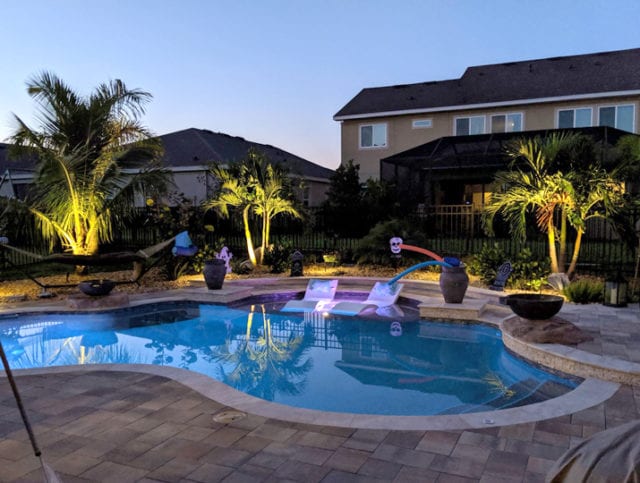HOW TO FIND AND CHOOSE A SWIMMING POOL BUILDER
Deciding to add a pool to your home is a big decision and finding the right company to build your backyard pool can feel overwhelming at first. However, we are here to provide you with some simple steps to ensure you are choosing the right company.
Start with a Local Pool Search
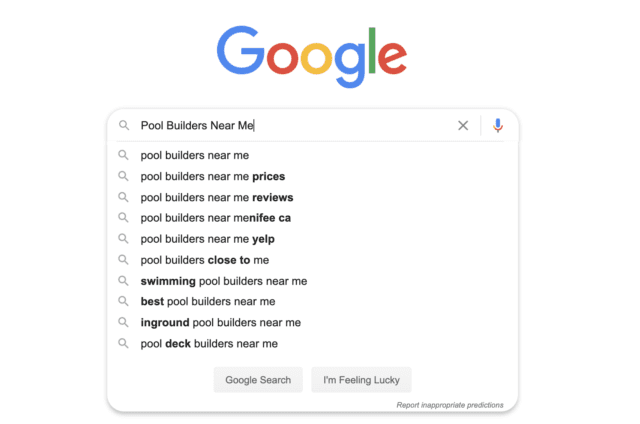
Search online for local pool builders and review their websites. Read about the various companies and review their portfolios and images. Study which style of pool you like best and create a wish list. Pick a few pool builders and contact them for an estimate.
Find a certified pool builder
Make sure that the company you choose is a certified pool building/building professional. This shows that a staff member has gone through extensive training and testing on pool building.
Check the Reviews
Check out the Google, Yelp and/or Facebook Reviews on the company. The real client reviews are the most honest reviews and feedback you can get on a company.
Ask for Referrals
ask the pool company for a list of customer referrals and see if you can see some of the pools they have built. Contact the people on the list and ask them about the pool building process.
Get it in Writing
If you had an estimate provided to you by a company, get your estimate in writing. If anything is discussed like warranty, or any promises are made affecting the purchasing, be sure you getting in writing. They should be comfortable providing this for you.
Take your Time
There is no need to rush into making this large decision. Do your research, take your time, ask questions and decide when the time is right for you. Some places will rush and put the pressure on to make a decision. Be sure to not give into the pressure. When it feels right, you will know.
Read everything they give you
A reputable pool builder will provide you with a decent amount of reading material to provide you with information and knowledge about the process. Be sure to read all the material given to you so you are aware of everything. Then don’t sign anything until all your questions are answered and you feel fully comfortable with what you have been told, provided and given.
Know your Rights
According to the Better Business Bureau, a contract which has been signed by the customer is not binding on the pool company until signed by an officer of the firm, and its terms are subject to change. The BBB further advises that, “potential customers should be aware that, if they sign a contract at the builder’s place of business but do not finance the pool, there may be no rescission or three-day cooling off period. The finance contract has a 3 day rescission clause, but this does not affect the pool contract.”
Is the company insured?
Ask to see a copy of their Liability Insurance, Worker’s Comp Insurance, and their state Contractor’s license. This is important to know you are dealing with professionals.
Challenger Pools is always here and ready to answer any question you may have. We are happy to provide you with a free estimate and schedule a time to review your property. Please call us today at 813.454.0582 or fill out the form here or to the right of this copy. We look forward to hearing from you and helping ease your pool building process.
read more
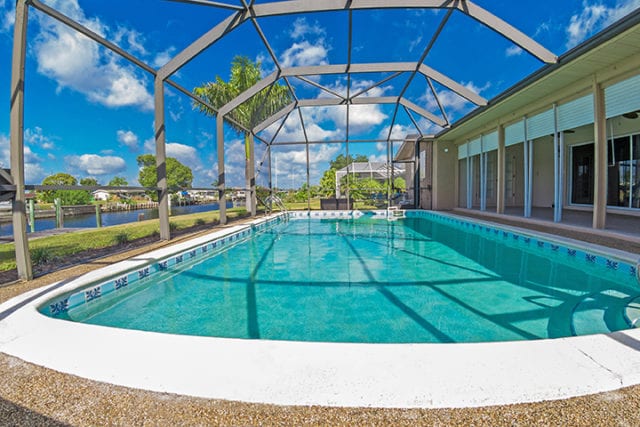 Less Maintenance
Less Maintenance